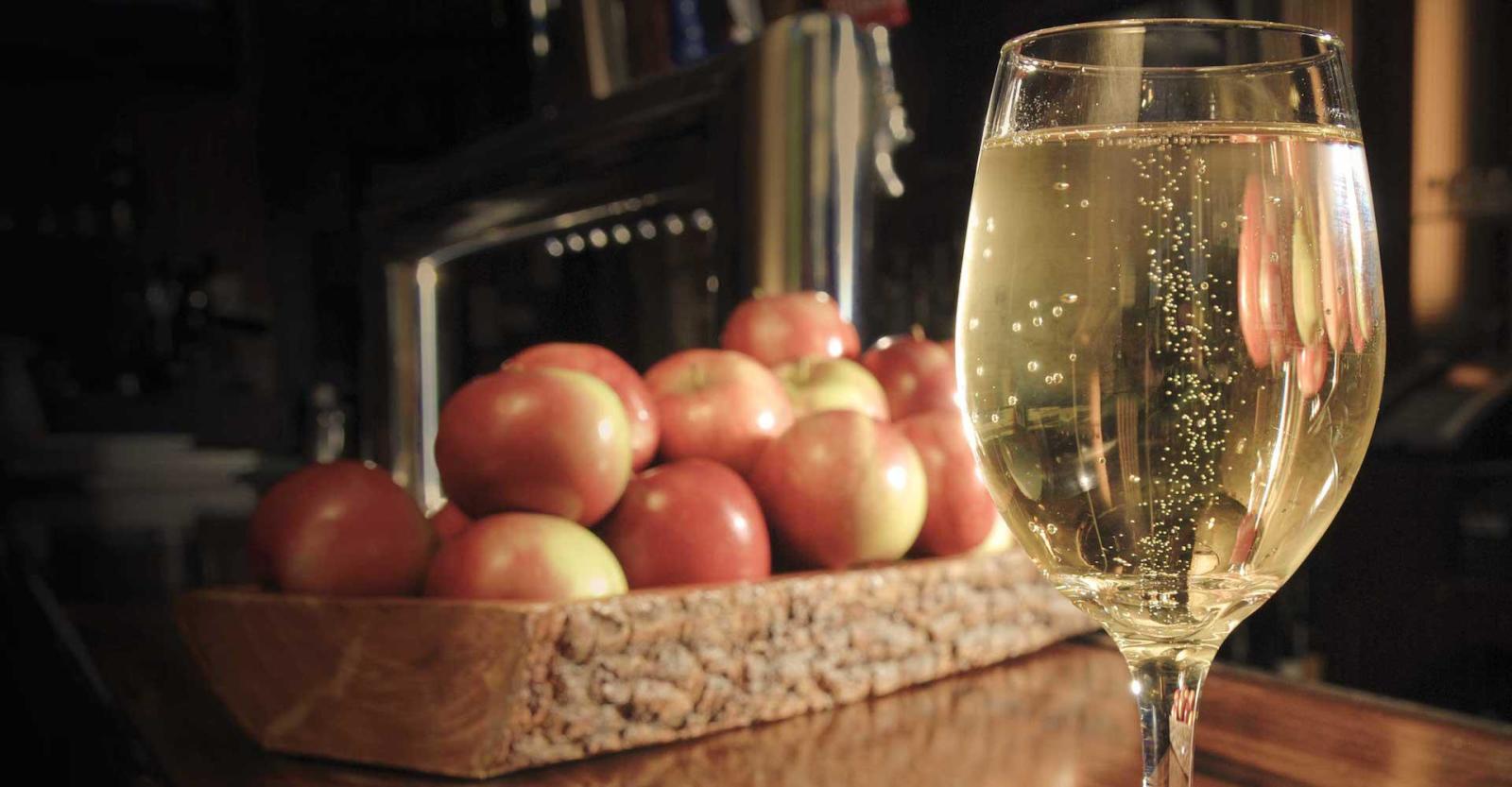Right around 200 years back, an Irish specialist noticed that chest torment (angina) was far less normal in France than in Ireland. He ascribed the distinction to “the French propensities and method of living.
The nearly low rate of coronary illness in France in spite of an eating routine that incorporates a lot of margarine and cheddar has come to be known as the French oddity. A few specialists have proposed that red wine has the effect, something the brandy store business has vigorously and generously embraced. In any case, there’s unmistakably more to the French conundrum than red wine. The eating regimen and way of life in parts of France, particularly in the south, share much for all intents and purpose with other Mediterranean locales, and these may represent a portion of the insurance against coronary illness.
A few examinations have recommended that red wine—especially when flushed with a dinner—offers more cardiovascular advantages than beer or spirits. These range from worldwide examinations demonstrating a lower pervasiveness of coronary illness in “wine-drinking nations” than in beer-or alcohol drinking nations.
Red wine may contain different mixes notwithstanding liquor that could loosen up vein dividers and keep the oxidation of low-thickness lipoprotein (LDL, “terrible” cholesterol), a key early advance in the development of cholesterol-filled plaque. These substances are called polyphenols, including a particular sort considered flavonoids that grant the one of a kind shading and taste of wine. Flavonoids are found in other plant nourishments like blueberries, strawberries, apples, onions, dim chocolate, and tea. Some polyphenols explicit to red wine incorporate resveratrol, quercetin, and epicatechins. Red wine will in general get more consideration than white wine since it contains around multiple times the measure of polyphenols. Anyway there might be other dynamic mixes in white wine that offer a cardioprotective impact.
Since the health benefits from wine are regularly credited to its polyphenol content, inquire about has taken a gander at dealcoholized wine. This sort of wine experiences maturation, after which the ethanol is filtered out, however the polyphenol content is protected. Little investigations in people with coronary illness hazard factors found that dealcoholized wine reduced insulin opposition and increment dimensions of nitric oxide, which causes veins to unwind and consequently lower pulse.
Beer contains comparative phenolic mixes as red wine yet in lower sums, including quercetin, epicatechins, and gallic corrosive. Around 70-80% of polyphenols in beer originate from grain malt, and another 20-30% from jumps, the blooms from the bounce plant.
Note that the measure of polyphenols in alcohol is unobtrusive and just contributes a little add up to the aggregate sum of polyphenols found in a wide assortment of plant sustenances.
For instance, expanding one’s admission from one to two servings day by day of tea, espresso, berries, onions, or apples gives an a lot higher measure of polyphenols than having an additional glass of red wine. The genuine medical advantage of liquor isn’t likely its polyphenol content yet the impacts of ethanol itself, as talked about underneath.
Liquor Licence and Drinking Patterns
In spite of the fortifying mixes distinguished in red wine, epidemiological examinations have not affirmed that a particular kind of mixed beverage, regardless of whether wine, beer, or spirits, reduces the danger of cardiovascular ailment. Concentrates that watch populaces of individuals propose that light to direct measures of every mixed beverage are connected to reduced diabetes and cardiovascular hazard when expended in equivalent amounts. [2] This appears to propose that the liquor itself, not the particular mixes found in each kind of liquor, has an a lot more prominent effect on medical advantages.
A report from the Health Professionals Follow-up Study inspected the drinking propensities for in excess of 38,000 men over a 12-year time span. Moderate consumers were 30-35% more averse to have shown at least a bit of kindness assault than non-consumers. This reduction was seen among men who drank wine, beer, or spirits, and was comparative for the individuals who drank with suppers and the individuals who drank outside of feast time. This investigation additionally discovered that the recurrence of drinking may matter: Men who drank light to direct sums at least three days of the week had a lower danger of heart assault than the individuals who drank a few times per week. Liquor licence , as the name proposes, is a grant that is required to sell mixed refreshments for utilization. In Mumbai, mixed refreshments are sold in a few eateries, bars and clubs.
